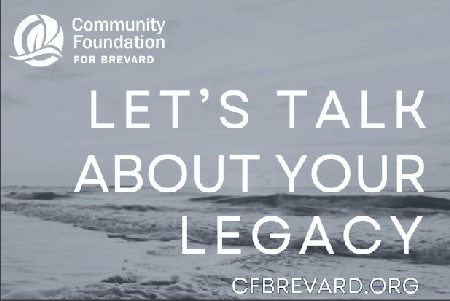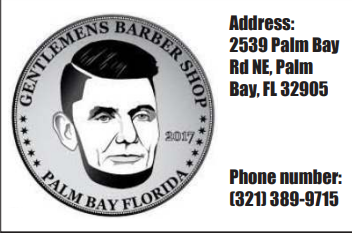Speaking Out
May 6, 2016
Beyoncé’s song advocates for anti-oppression in society
Beyoncé’s newest single “Formation” and its accompanying music video have been met with resounding praise for their celebration of black, southern culture. With imagery of Katrina survivors and memorable lines expressing her love of “Jackson 5 nostrils” and “baby hair and afros,” the praise seems justified at face value. Countless activist groups have commended Beyoncé for taking a stand and showing that she is not ashamed of her heritage. However, numerous other groups have denounced her perceived promotion of gang violence, especially after her Super Bowl halftime performance, which depicted the perceivably violent Black Panthers in a positive light. Except none of these arguments are at all valid. “Formation” is nothing but another ignorant song by Beyoncé that means absolutely nothing and stands for absolutely nothing. The majority of people who pay attention to music and celebrities have been blinded by the aura of Beyoncé. She has created for herself a squeaky clean image that seems to be resistant to scandal. Beyoncé has never stood up for black people in America or said anything of any social significance. Since the release of her surprise “feminist” self-titled album, Beyoncé has been developing a new, less well-behaved image for herself and people have supported and celebrated it.
This celebration of the evolution of one of today’s most renowned musical artists is not in itself an issue. The real issue is what message people choose to celebrate. Beyoncé is currently being praised as a true political and social activist for doing close to nothing, while Macklemore, who released a song with actual substance, has been berated by the media and by numerous activists. Macklemore’s single “White Privilege II,” outlines his struggle with being a white rapper constantly taking advantage of and adopting a culture he doesn’t understand and has no personal connection to. The follow-up to his 2005 song “White Privilege” delves into the issue of cultural appropriation and provides Macklemore with a platform to take accountability for his contribution. The song includes narrative from white people who fail to acknowledge their privilege and from Black Lives Matter activists explaining the issue. With memorable lyrics such as, “white supremacy protects the privilege I hold” and “ we’re more concerned with being called racist, than we actually are with racism,” Macklemore clearly exhibits his sincerity and concern for the struggle that black people in America endure, but has only been condemned for it. Many Black Lives Matter activists have said that, as a white artist, Macklemore has no business speaking out on such an issue. Silencing Macklemore for speaking up while praising Beyoncé cannot in any way improve the difficulties black people face in America. Everyone has the right to stand up for causes they believe in, regardless of racial identity. While I understand the appeal to uplift a prominent black artist and the instinct to suppress the voice of a white one, in order to diminish the perception that black people need white people to stand up for them, the focus should be on promoting the most potent and socially significant message.
This generation has seem to forgotten the meaning of political and social activism. True activism isn’t tweeting #BlackLivesMatter or releasing a single song. True activism consists of action and any musician who claims to be an activist must combine music with action. A real activist would be Bob Marley, whose music inspired the people of Zimbabwe to fight for their independence from Britain, or Michael Jackson who preached racial equality consistently throughout his 40-year career. Any musician who claims to be an activist should be held to the standard set by these men and others like them. Today’s most authentic advocates for social and political change are often branded as “crazy,” while the likes of Beyoncé are worshipped. Kanye West serves as a perfect example of this phenomenon. Coming from a family who was active in the Civil Rights Movement, West has never failed to speak out against racism and oppression of black people in America, but because of his unpredictable image, his message is never well-received. Beyoncé and her so-called “activism” are an insult to the Black Lives Matter movement and should, under no circumstances, be praised. Genuine artists such as West and Macklemore, who force us to look at ourselves and re-evaluate our actions and beliefs should be uplifted, rather than those who use activism as nothing more than promoting their own image.



















































